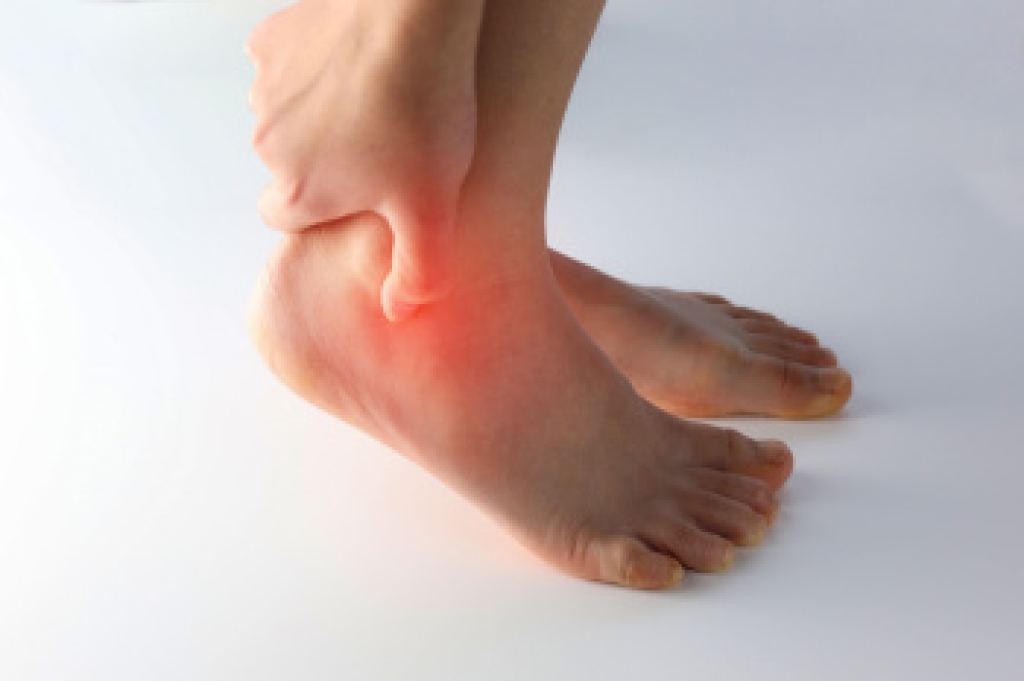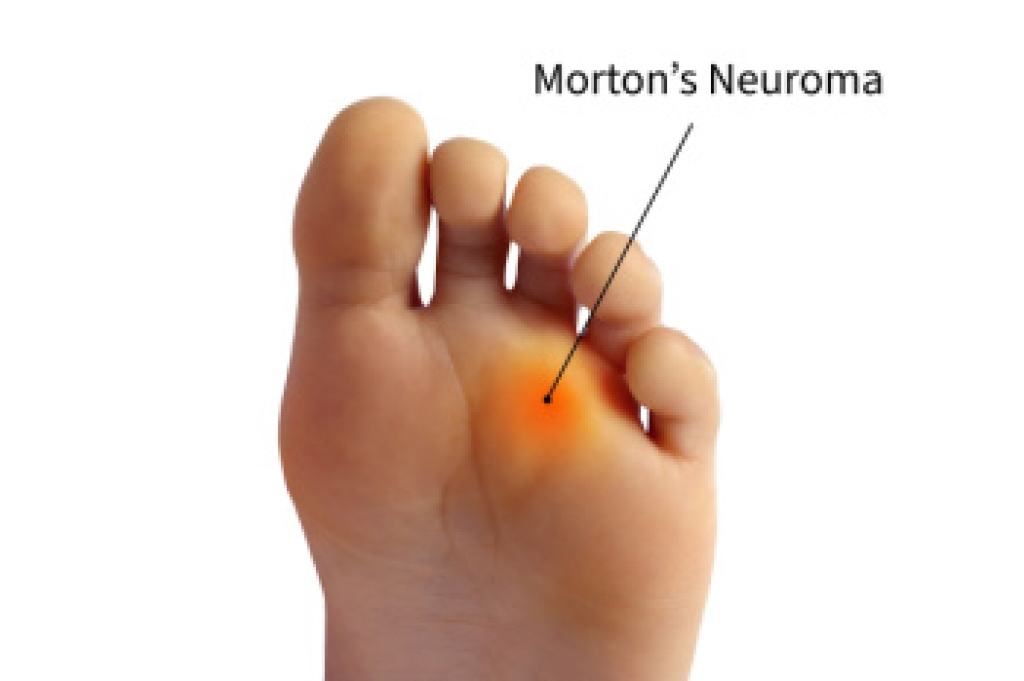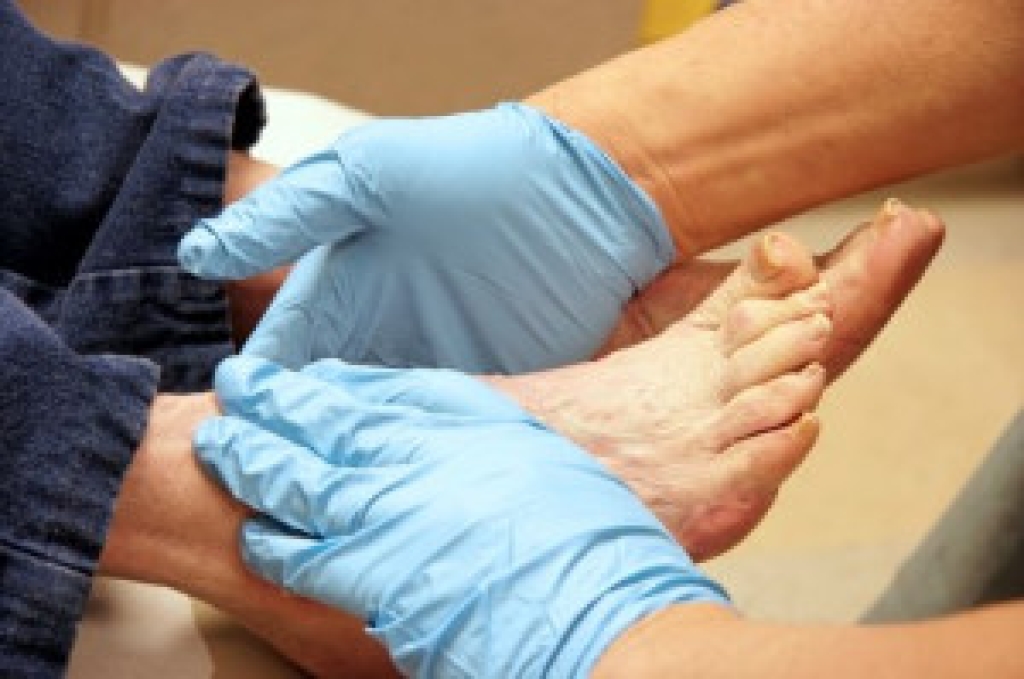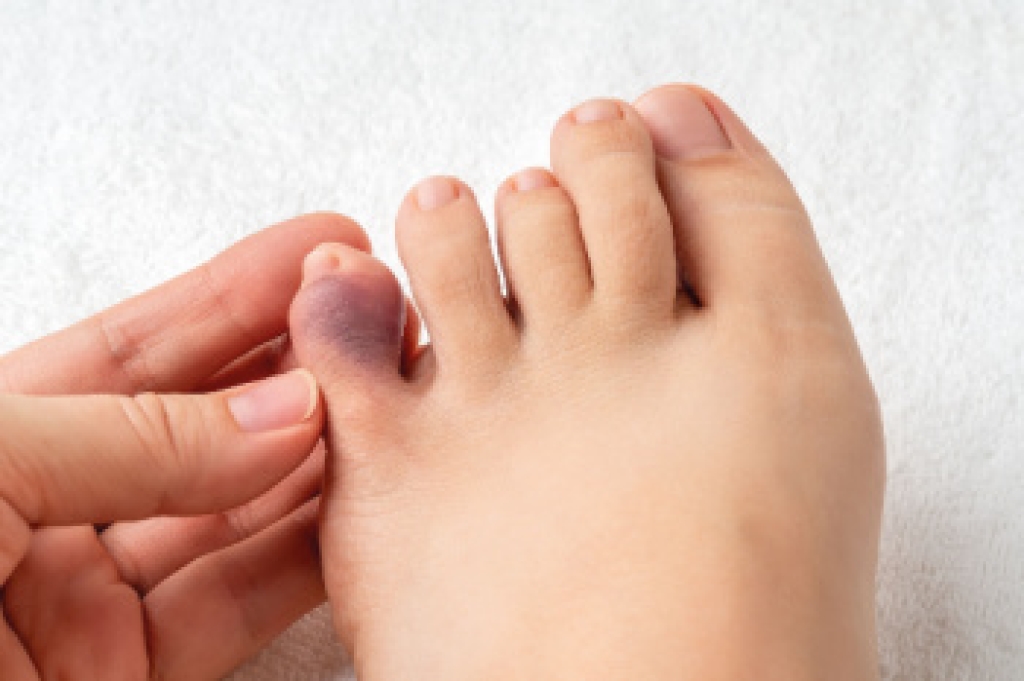
Gout is widely known for causing sudden pain in the big toe, but it can also affect the ankle joint. This inflammatory arthritis develops when excess uric acid forms sharp crystals inside the joint lining, triggering intense irritation. An ankle gout attack often begins abruptly, with redness, warmth, swelling, and extreme tenderness, sometimes so sensitive that even light contact is uncomfortable. Stiffness quickly follows, making walking and climbing stairs difficult. Symptoms typically peak within a day and may return in repeated episodes if the condition is not medically managed. Because ankle pain has many possible causes, proper evaluation is important. A podiatrist can review medical history, examine joint motion, order imaging, and perform diagnostic testing to confirm gout. Treatment focuses on reducing inflammation, protecting joint function, and preventing long-term joint damage. If you have ankle pain, it is suggested that you make an appointment with a podiatrist for an exam, diagnosis, and ongoing treatment.
Gout is a foot condition that requires certain treatment and care. If you are seeking treatment, contact Jennifer M. Kern, DPM from South Carolina. Our doctor will treat your foot and ankle needs.
What Is Gout?
Gout is a type of arthritis caused by a buildup of uric acid in the bloodstream. It often develops in the foot, especially the big toe area, although it can manifest in other parts of the body as well. Gout can make walking and standing very painful and is especially common in diabetics and the obese.
People typically get gout because of a poor diet. Genetic predisposition is also a factor. The children of parents who have had gout frequently have a chance of developing it themselves.
Gout can easily be identified by redness and inflammation of the big toe and the surrounding areas of the foot. Other symptoms include extreme fatigue, joint pain, and running high fevers. Sometimes corticosteroid drugs can be prescribed to treat gout, but the best way to combat this disease is to get more exercise and eat a better diet.
If you have any questions, please feel free to contact our office located in West Columbia, SC . We offer the newest diagnostic and treatment technologies for all your foot care needs.







